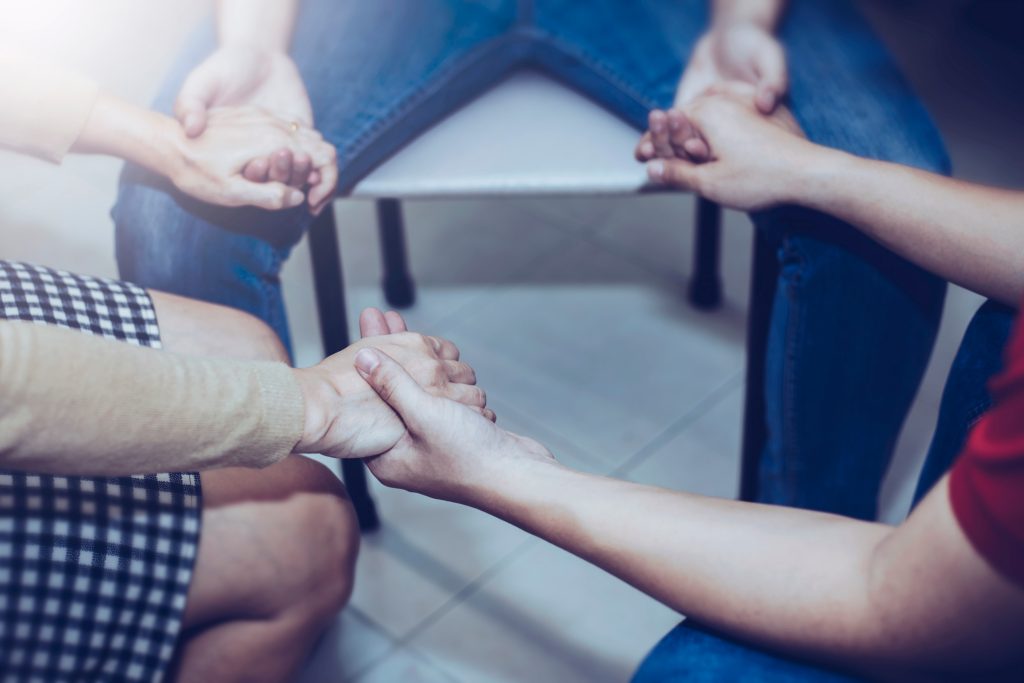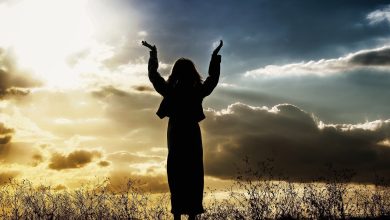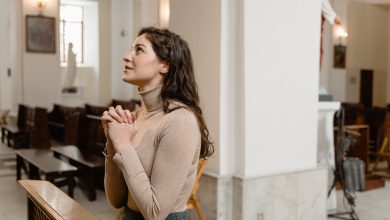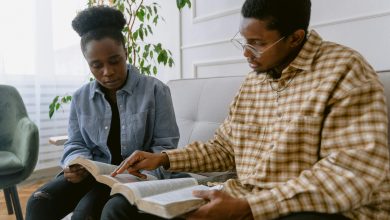Did the Disciples Fast in the Upper Room?
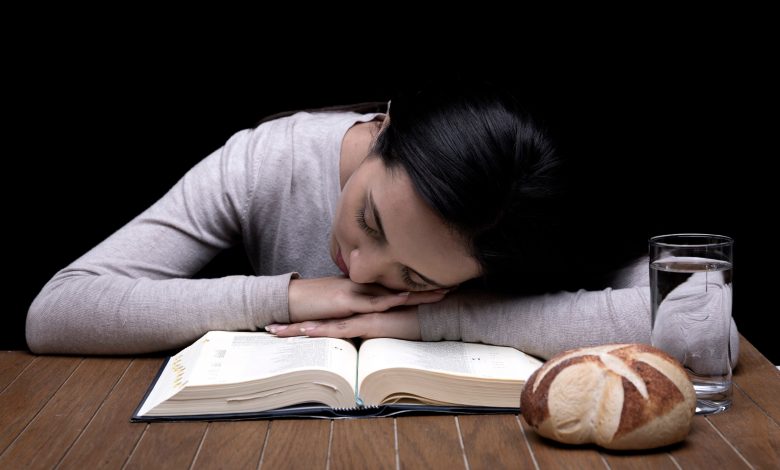
All through the four Gospels in the Bible that recorded the life and ministry of Jesus Christ, there are mentions of several significant places where notable spiritual encounters took place. One such place is the Upper Room which is sometimes regarded as the birthplace of the Early Church and an instrumental location in Jesus’ ministry and during the time of the apostles.
Although there are no specific verses of the Bible that explicitly state whether the disciples fasted in the Upper Room or not, the spiritual significance of the location suggests that they did. This is possible due to the remarkable events in the Upper Room and the special importance that Bible history and Christian historians place on the location.
What Happened in the Upper Room?
Bible scholars often agree with the importance of the Upper Room in the development of Christianity as it played to quite notable events in the history of the church and Christianity as a whole. First, The Last Supper, which Christians today recognize as the Holy Eucharist or Holy Communion, was held in the Upper Room. We can see this in Luke 22:11-14 which says,
“And ye shall say unto the goodman of the house, The Master saith unto thee, Where is the guest chamber, where I shall eat the passover with my disciples? And he shall shew you a large upper room furnished: there make ready. And they went, and found as he had said unto them: and they made ready the Passover. And when the hour was come, he sat down, and the twelve apostles with him.”
Jesus’ meeting with his disciples here was quite significant as it was here that he revealed the betrayal of Judas Iscariot even though He didn’t call names. Jesus also broke bread and shared wine among his disciples instructing them to eat and drink. In Luke 22:17, the Bible says,
“And he took the cup and gave thanks, and said, Take this, and divide it among yourselves: for I say unto you, I will not drink of the fruit of the vine, until the kingdom of God shall come. And he took bread, gave thanks, and brake it, and gave unto them, saying, This is my body which is given for you: this do in remembrance of me. Likewise, also the cup after supper, saying, This cup is the new testament in my blood, which is shed for you.”
The act and command in these verses form the basis upon which Christians take Holy Communion in churches today as it is a way to share in the blood and body of Christ.
The Upper Room was also where Jesus undertook the foot washing exercise to demonstrate humility to His disciples. John 13:1-17 offers a detailed account of how Jesus washed His disciples’ feet, stating that any person whose feet He did not wash cannot be a part of Him.
Quite significantly, it was this Upper Room that the disciples took refuge in just after the ascension of Jesus Christ. The Bible records in Acts 2:14 that,
“And when they were come in, they went up into an upper room, where abode both Peter, and James, and John, and Andrew, Philip, and Thomas, Bartholomew, and Matthew, James the son of Alphæus, and Simon Zelotes, and Judas, the brother of James. These all continued with one accord in prayer and supplication, with the women, and Mary the mother of Jesus, and with his brethren.”
Their gathering in the Upper Room was right after Jesus shared the promise of the Holy Spirit with them.
So it was just normal for the outpouring of the Holy Spirit on the disciples on the Day of Pentecost to take place in the upper room. According to Acts 2:1-4,
“And when the day of Pentecost was fully come, they were all with one accord in one place. And suddenly, there came a sound from heaven as of a rushing mighty wind, and it filled all the house where they were sitting. And there appeared unto them cloven tongues like as of fire, and it sat upon each of them. And they were all filled with the Holy Ghost, and began to speak with other tongues, as the Spirit gave them utterance.”
The coming of the Holy Spirit marked the beginning of the Early Church as by the power of the Spirit, 3000 people were saved, thus meaning that the growth of the church sprung from the Upper Room and the Pentecost experience.
Did the Disciples Fast in the Upper Room?
While Jesus was on earth, He spoke about the necessity of fasting in a Christian’s life, so one would expect his disciples to live a life full of fasting and prayer. However, Matthew 9:14-15 says,
“Then came to him the disciples of John, saying, Why do we and the Pharisees fast oft, but thy disciples fast not? And Jesus said unto them, Can the children of the bridechamber mourn, as long as the bridegroom is with them? but the days will come when the bridegroom shall be taken from them, and then shall they fast.”
From these verses, we can see that the disciples did not fast while Jesus was with them.
Verse 15 implies that there would be a time when the disciples would fast, and that would be after Jesus had gone. So the disciples didn’t fast in the Upper Room when Jesus was around, as even during the Last Supper, they broke bread and shared wine. However, before the ascension of Jesus, He appeared to the disciples and reminded them of His promise of the Holy Spirit. He then further instructed them to wait in Jerusalem for the promise of the Father.
Now where the disciples went to wait was the Upper Room. Waiting in this context did not mean staying idle in waiting, but rather it meant being in expectation and making their hearts ready for what had been promised. One way they did so was by fasting and dwelling on the words spoken by Christ. It was in the Upper Room that the Holy Spirit descended upon them in cloven tongues of fire, causing them to speak in other languages.
Finally, the disciples fasted in the Upper Room because, after the coming of the Holy Spirit, it became a spiritual haven and the home of the Early Church. In Acts 2:42-43, the Bible records,
“And they continued steadfastly in the apostles’ doctrine and fellowship, and in breaking of bread, and in prayers. And fear came upon every soul: and many wonders and signs were done by the apostles.”
Here, we can see that the disciples prioritized their worship and devotion to God, of which fasting is a part.
Conclusion
Just like Mount Sinai was a special place where significant supernatural activities took place in the Old Testament, the Upper Room was a place of transformation in the New Testament. Every event that happened there holds importance to believers today. The disciples ate the Last Supper with Jesus there and even had their feet washed.
Upon His ascension, they gathered there to wait for the promise of the Holy Spirit, which did involve them fasting. The Upper Room was also the first home to the Early Church, where the disciples focused on prayer and the study of the word, a devotion that also included fasting.

